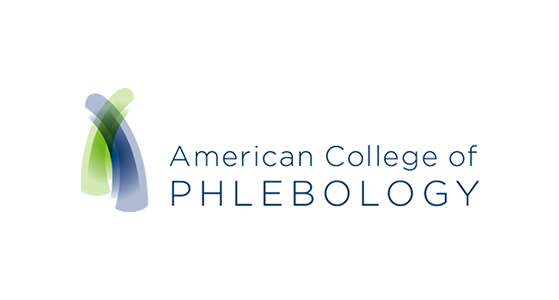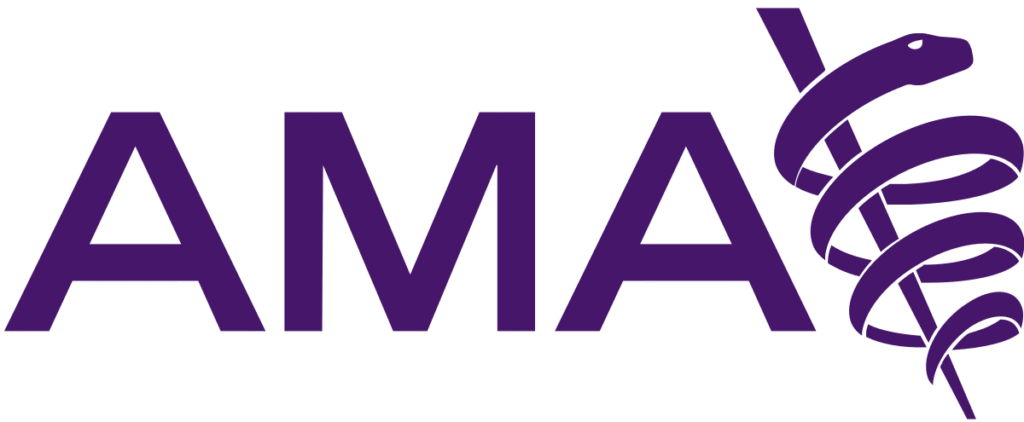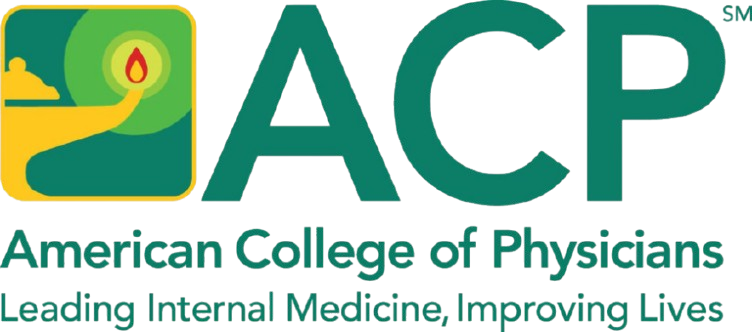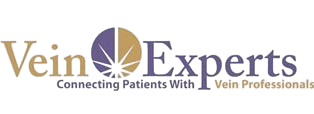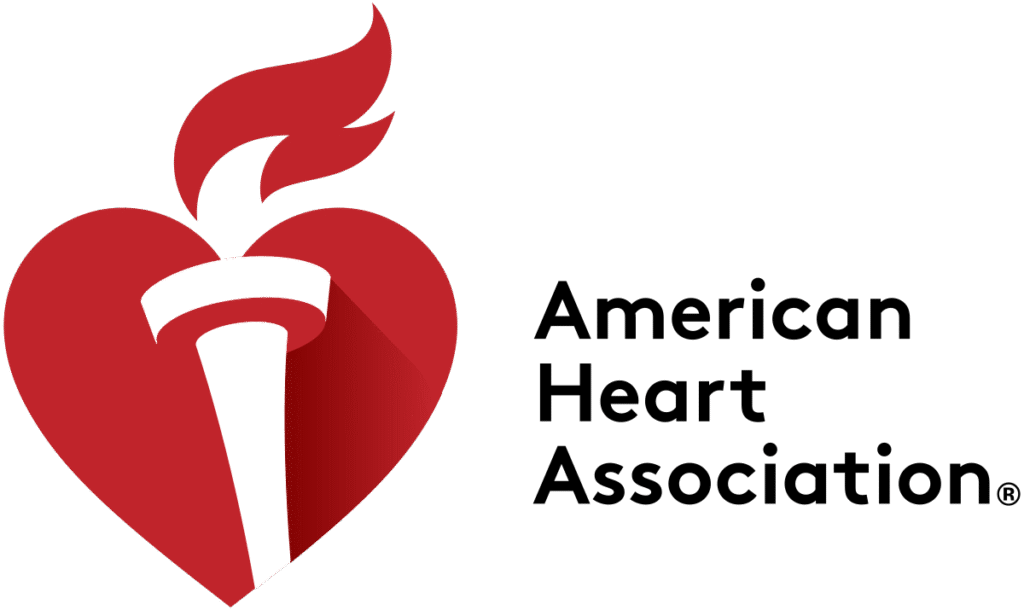World-Class Cardiology Care, Right Here in South Florida
Advanced diagnostics and compassionate heart care from Dr. Ariel Soffer, MD, FACC — one of South Florida’s most trusted cardiologists.
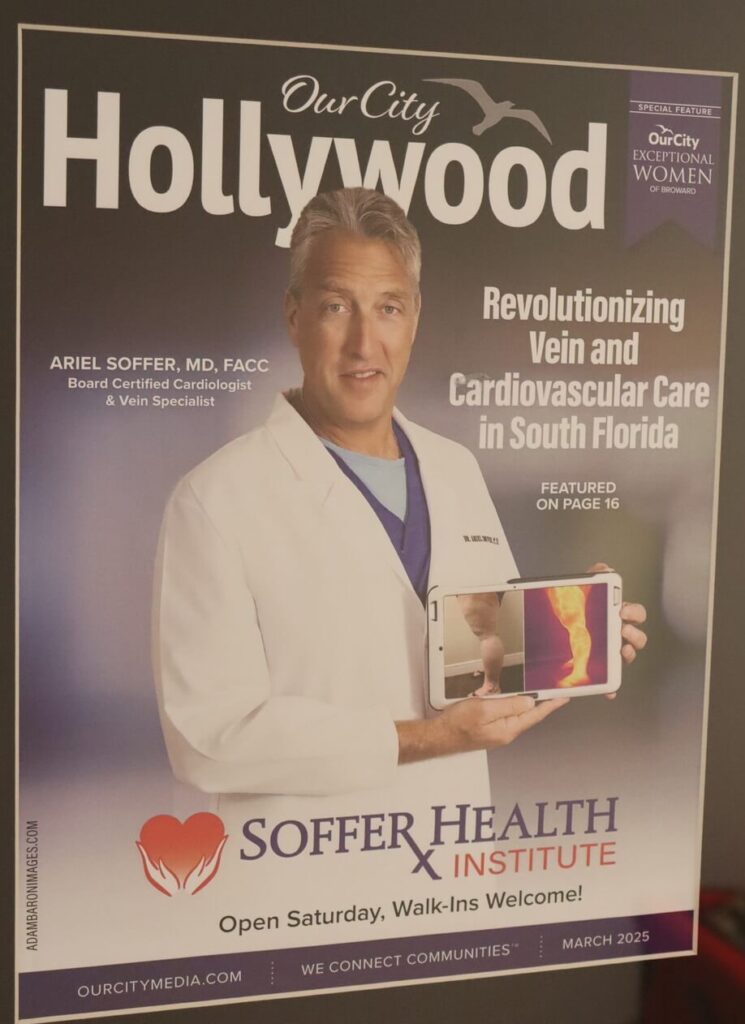
Meet Dr. Ariel Soffer, MD, FACC
Education
- Graduated University of Miami with Distinction
- Completed Residency at Cedars-Sinai Medical Center, Beverly Hills
- Fellowship Trained at the University of Southern California
Experience
- Multiple Board Certifications in Internal Medicine & Cardiovascular Disease
- Fellow of the American College of Cardiology (FACC) for over 25 years
- Served as Section Chief of Cardiology at Jackson Health Medical Center (2009)
Research & Media
- Published author with multiple peer-reviewed medical journal contributions
- Principal Investigator in advanced cardiovascular research trials
- Holder of multiple U.S. medical device patents
- Featured expert in national media including ABC, CBS, Fox, and Bloomberg
Comprehensive Cardiology Services in Hollywood & Weston
Non-Invasive Diagnostic Testing
We offer advanced tests like echocardiograms, stress testing, and ultrasounds to accurately assess heart function and detect disease early.
Heart Condition Management
Dr. Soffer and his team treat conditions such as chest pain, arrhythmia, and heart failure using the Soffer LIT (Least Invasive Techniques) approach for safer, faster recovery.
Preventive & Lifestyle Programs
Personalized programs focus on cholesterol management, weight control, smoking cessation, and stress reduction to help prevent heart disease and improve long-term health.
Why Choose Dr. Soffer for Your Heart Health
✅ Over 25 years of cardiology expertise
✅ Advanced on-site diagnostics — no need for outside referrals
✅ Personalized plans focused on prevention and long-term health
✅ Insurance accepted for most major providers
✅ Convenient locations in Hollywood and Weston
Top Rated Cardiologist in South Florida
"Not on my watch."
Everyone there, from Christine to Merka has contributed to that end and is appreciated.🌺
I now have a procedure scheduled to correct the issue, and although I’ve been feeling anxious about it, the office staff have gone above and beyond to support me. I called with follow-up questions and they patiently stayed on the phone, answering everything and making sure I felt comfortable and prepared.
I honestly can’t say enough good things about this office. Thank you for making a stressful situation feel so much more manageable and for treating me with such care and compassion.
Take Control of Your Heart Health Today
